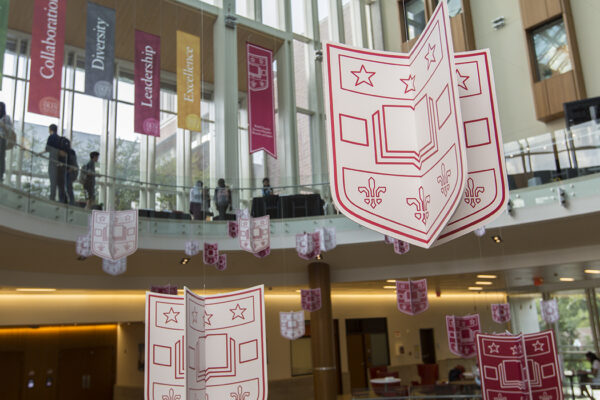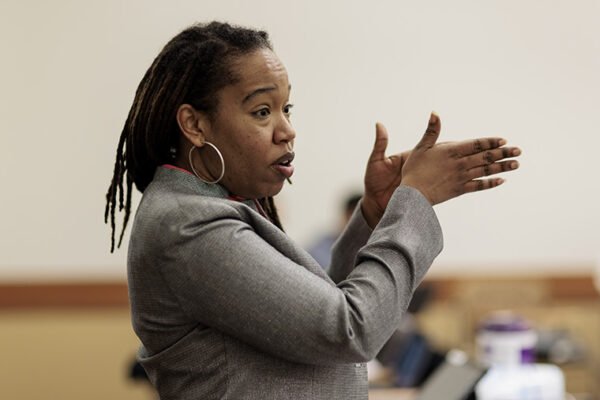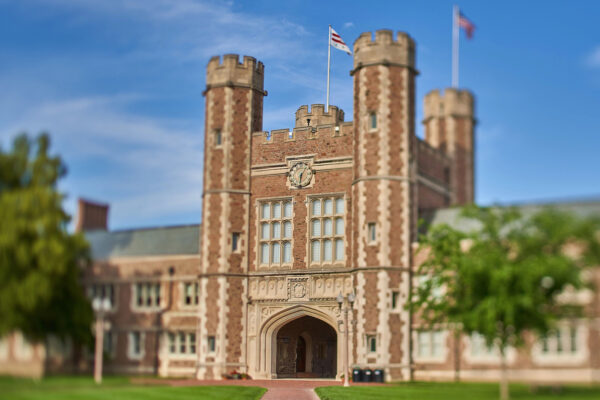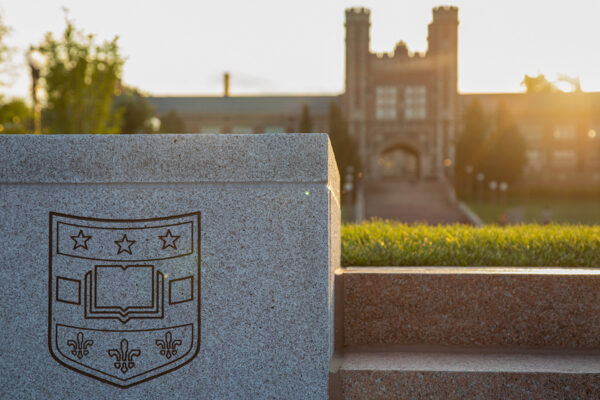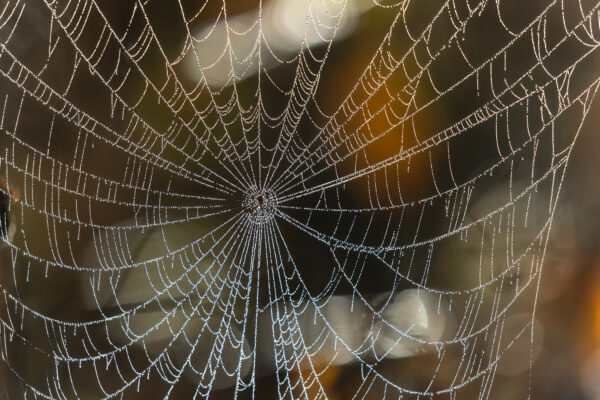Wealth and asset management research conference planned
The seventh annual Wealth & Asset Management Research Conference — a collaboration between Olin Business School, Edward Jones, CFA Society–St. Louis and Dimensional — will take place May 3 and 4.
Drug for rare form of ALS, based in part on WashU research, approved by FDA
A new drug has been approved by the Food and Drug Administration (FDA) for a rare, inherited form of amyotrophic lateral sclerosis (ALS). The drug — based in part on research conducted at the School of Medicine — slows the progression of the deadly, paralyzing disease.
COVID-19 vaccine appears more effective if received around midday
A new study led by the School of Medicine suggests that circadian rhythm — the natural cycle of physical and other changes our bodies go through in a 24-hour period — may affect the body’s response to the COVID-19 vaccine. The research suggests that vaccines given around the middle of the day may prevent more infections.
Brown School expands program aimed at combating health misinformation
iHeard St. Louis, a program run by the Health Communication Research Laboratory at the Brown School, is expanding its health misinformation response system to four new states plus Washington, D.C.
‘The battle for memory’
Sowande M. Mustakeem discusses her seminar “Medicine, Healing and Experimentation in the Contours of Black History” and the importance of grappling with traumatic history.
Engagement on anti-racism, diversity and inclusion
Washington University is partnering with the National Academies of Sciences, Engineering, and Medicine in its efforts to stimulate cultural change and support inclusive excellence in science and technology fields and is hosting a day of activities May 3 on the Danforth Campus.
Commission presents venture capital funding gap solutions
The Olin-Brookings Commission — a partnership between WashU’s Olin Business School and the Brookings Institution supported by The Bellwether Foundation — presented evidence-based solutions to drive more equitable venture capital funding for women and underrepresented entrepreneurs to key stakeholders on Thursday, April 20, at the Brookings Institution.
Washington University Statement on Transgender Center
Upon learning of the allegations published in The Free Press on February 9, we immediately launched a comprehensive and in-depth assessment of practices and care provided at the Washington University Transgender Center at St. Louis Children’s Hospital.
Faculty named to American Academy of Arts & Sciences
Four faculty members of Washington University in St. Louis were elected members of the American Academy of Arts & Sciences, the academy announced April 19. They are Jean Allman, Scott J. Hultgren, Tristram R. Kidder and Lilianna Solnica-Krezel.
Synthetic biology meets fashion in engineered silk
Fuzhong Zhang, at the McKelvey School of Engineering, developed a method to create synthetic spider silk at high yields while retaining strength and toughness using mussel foot proteins.
View More Stories
